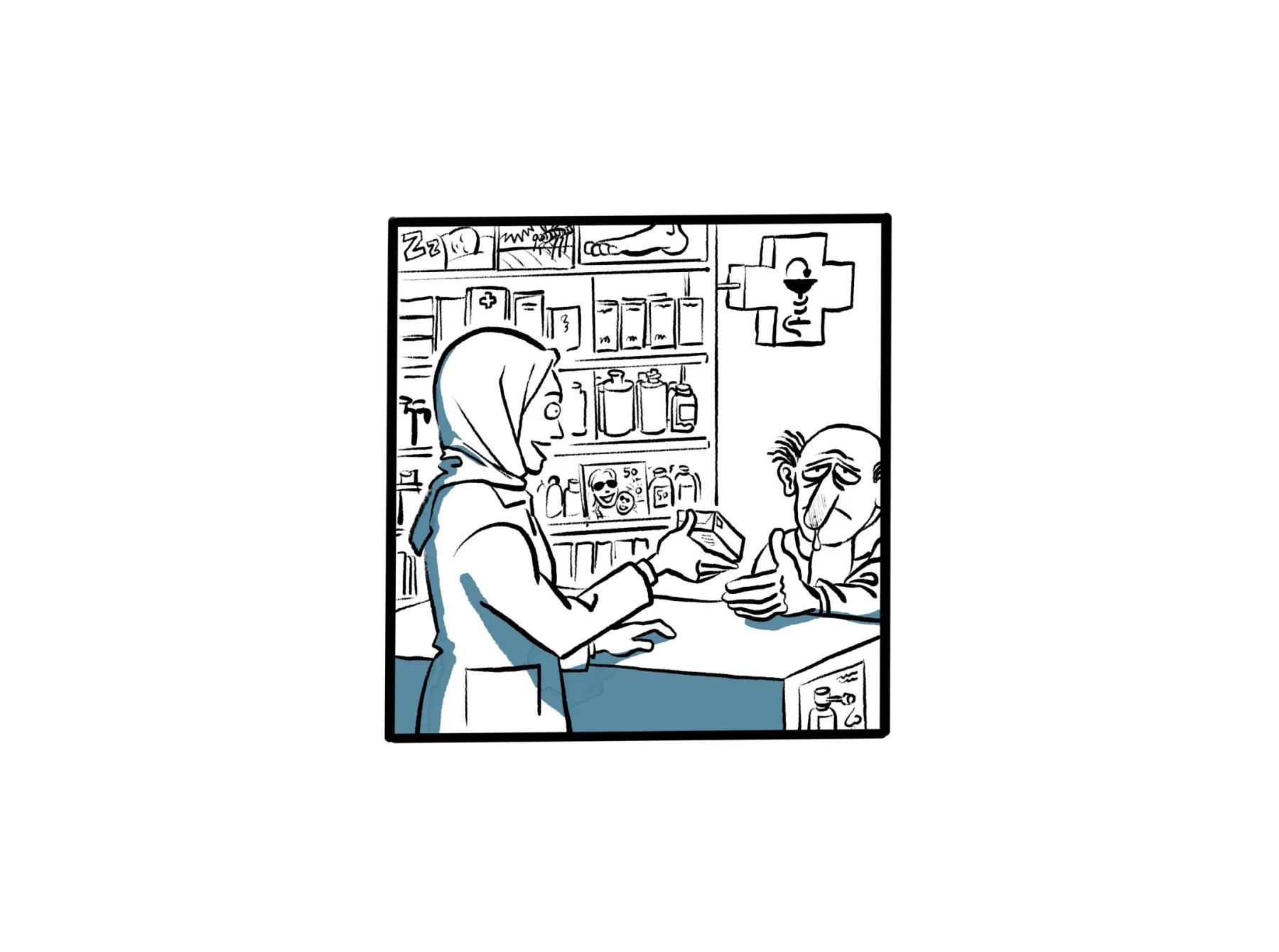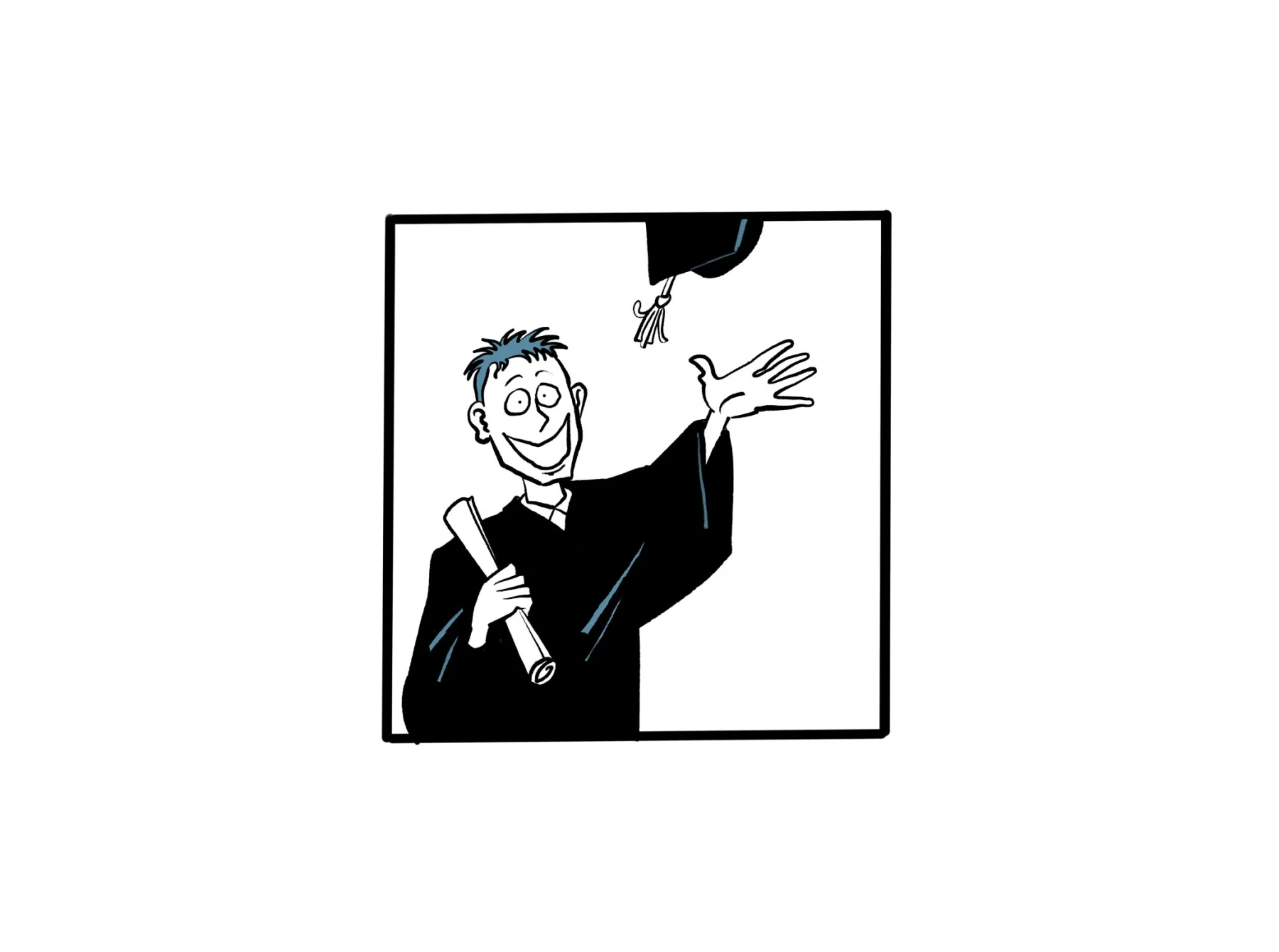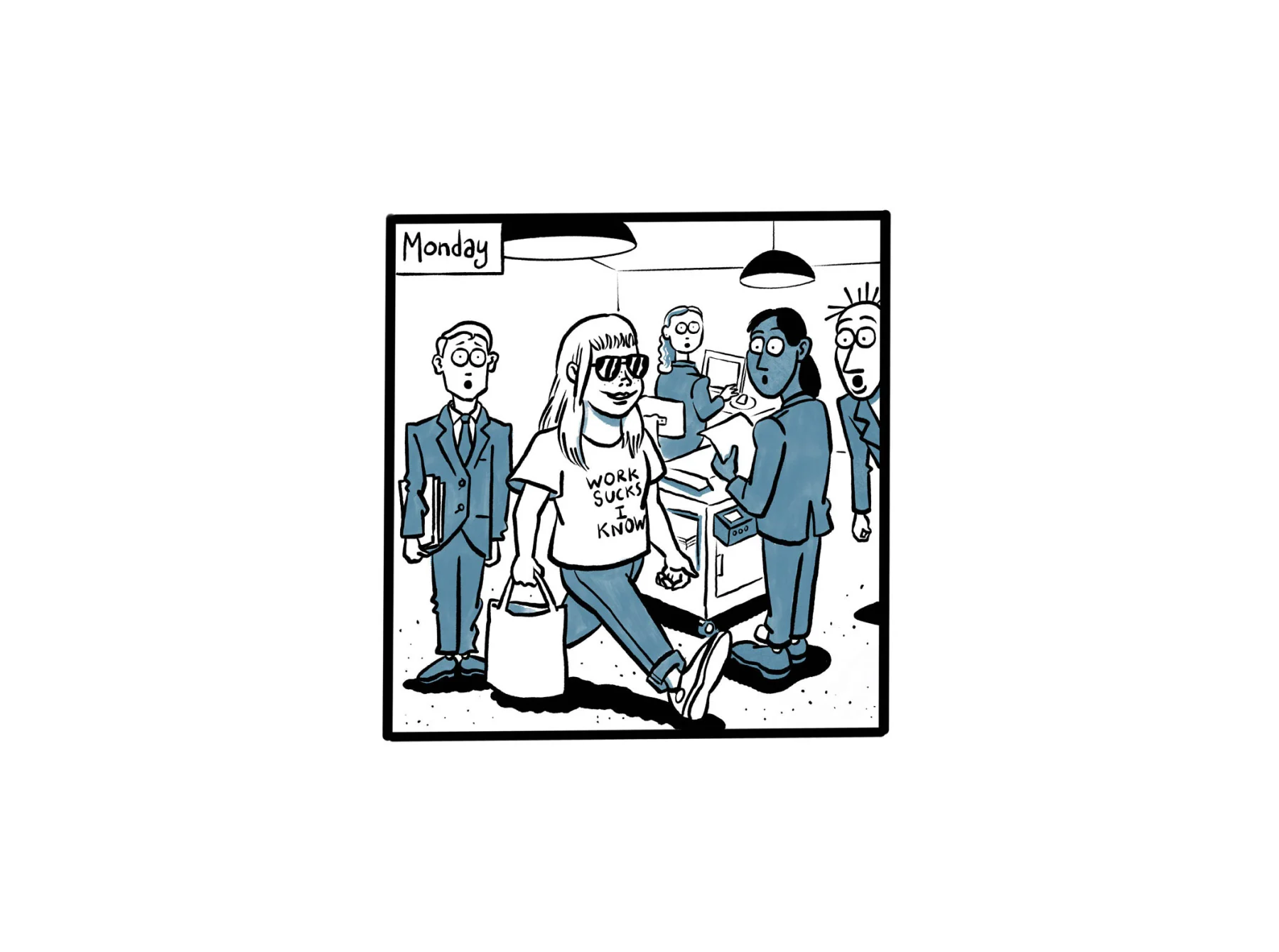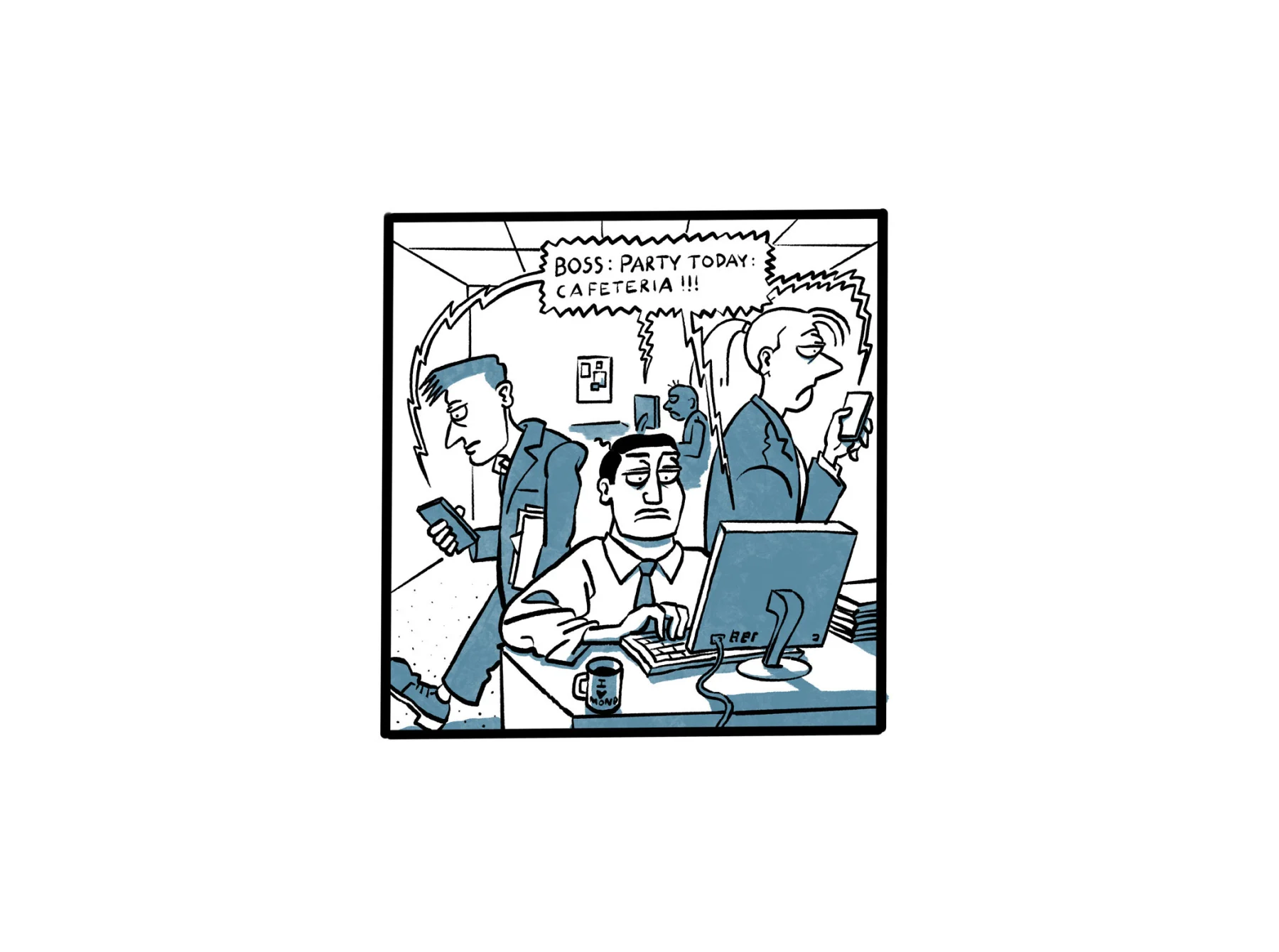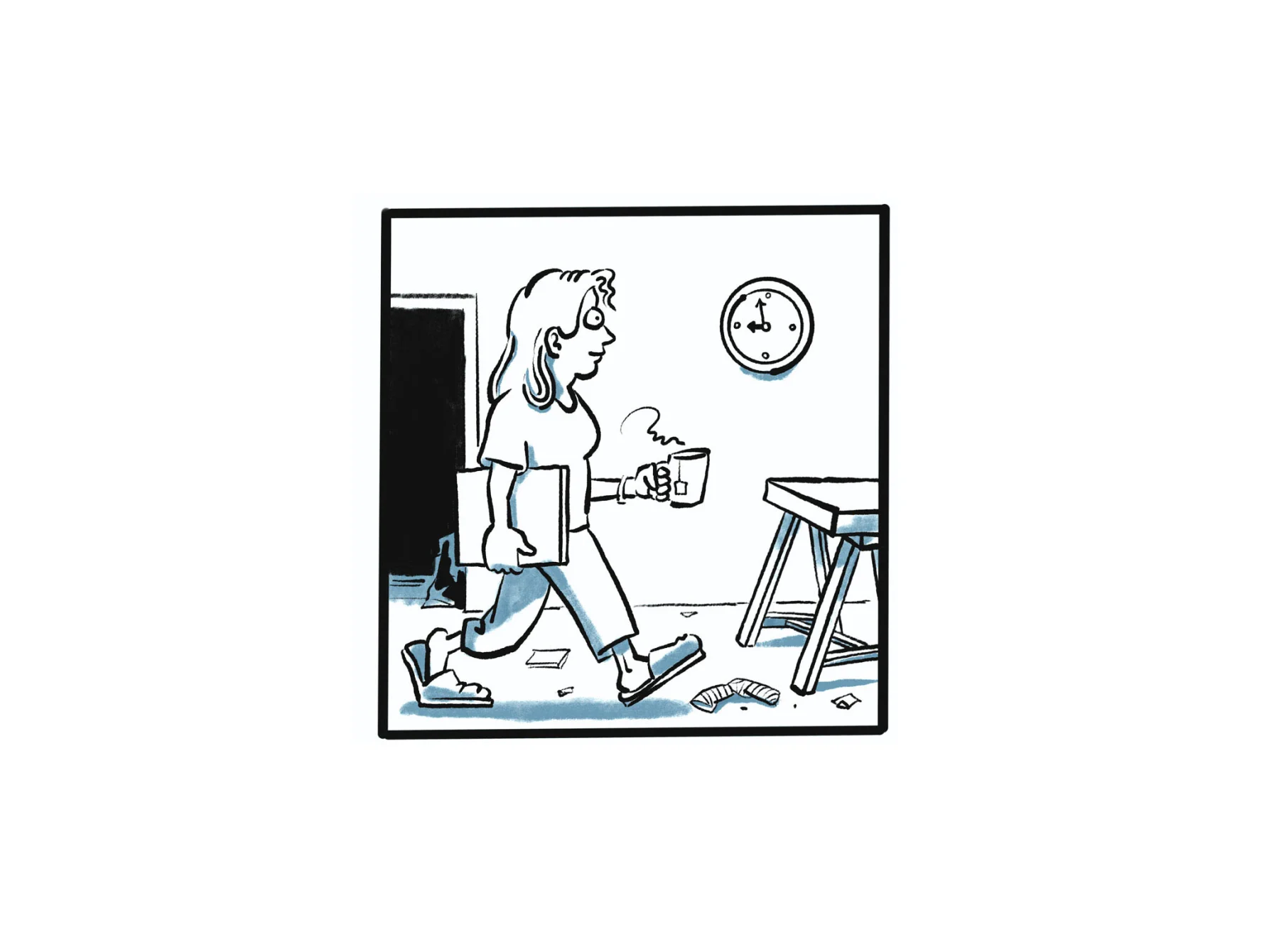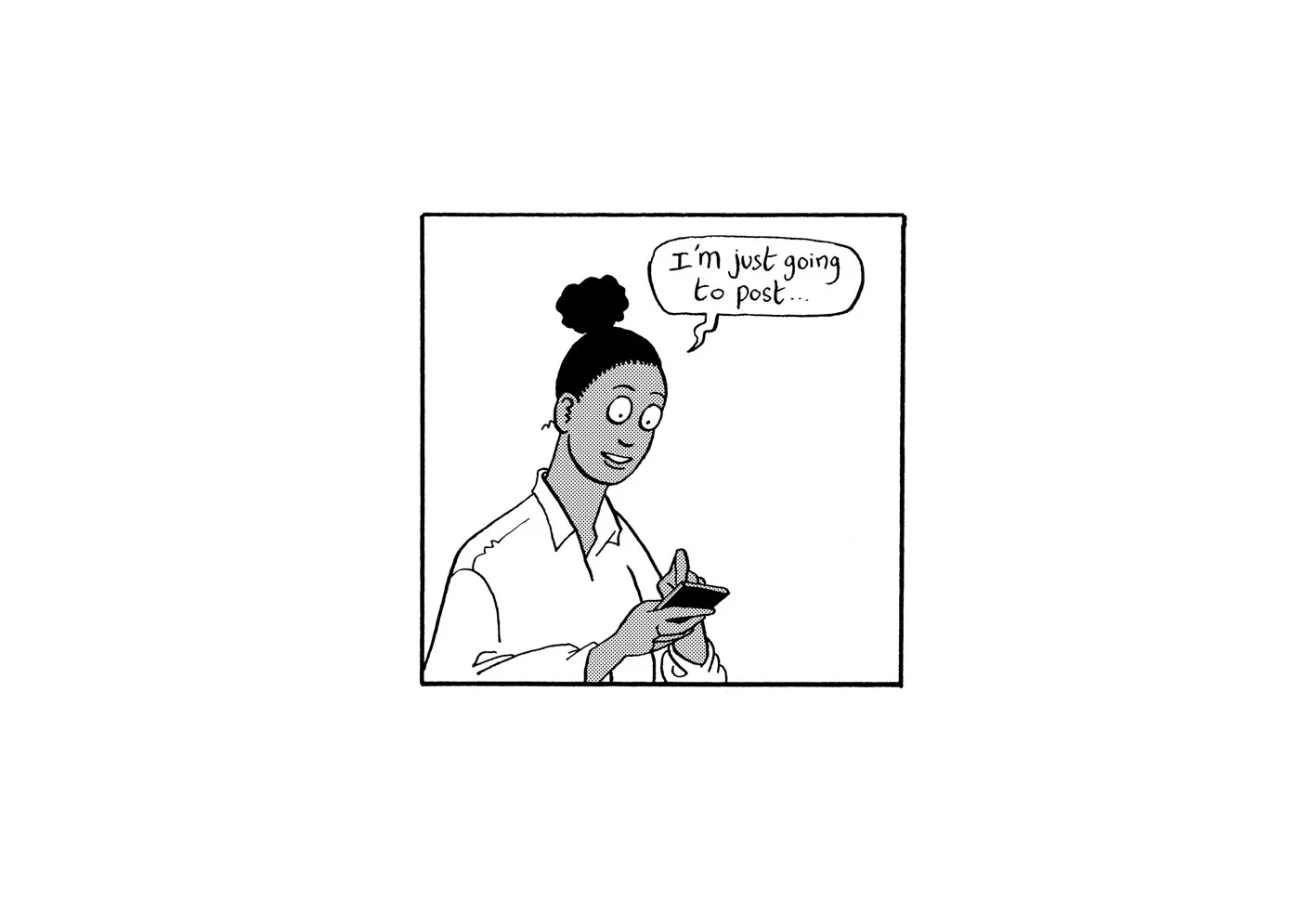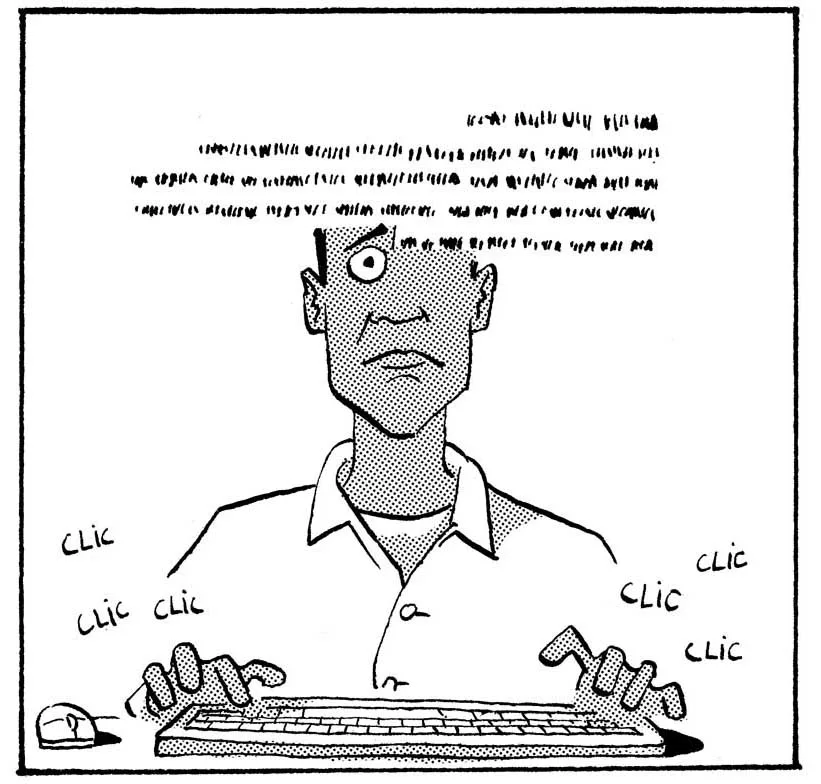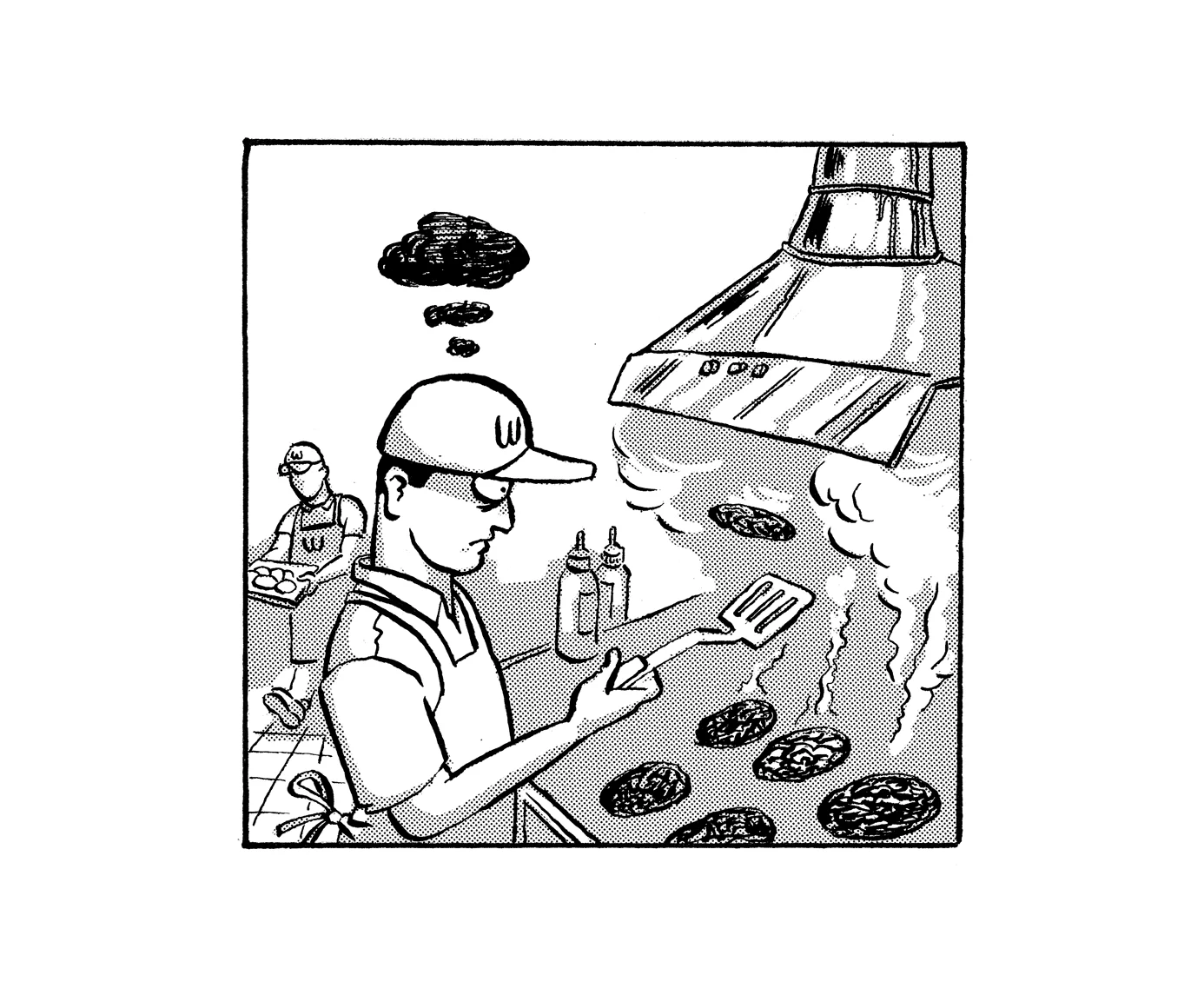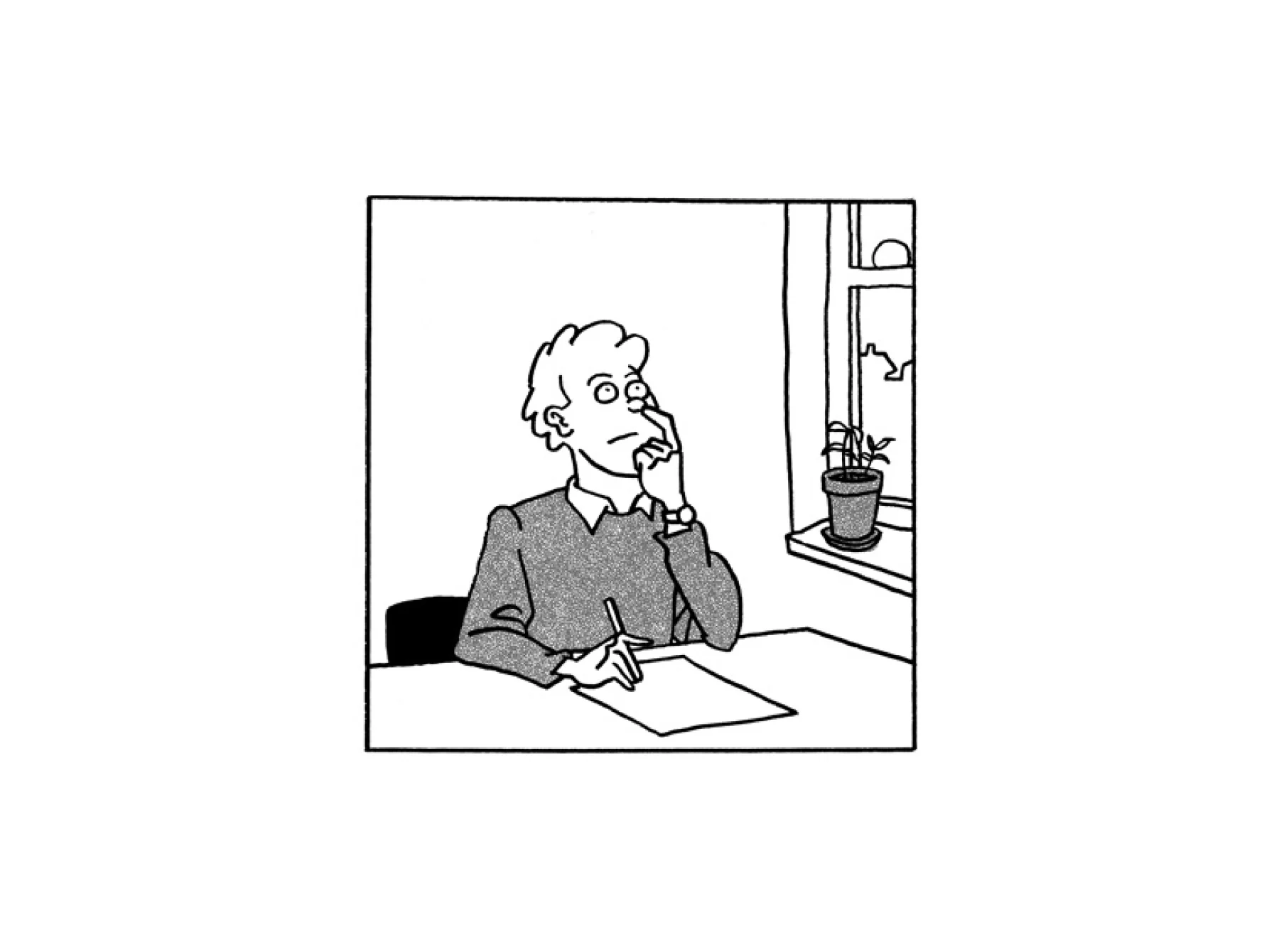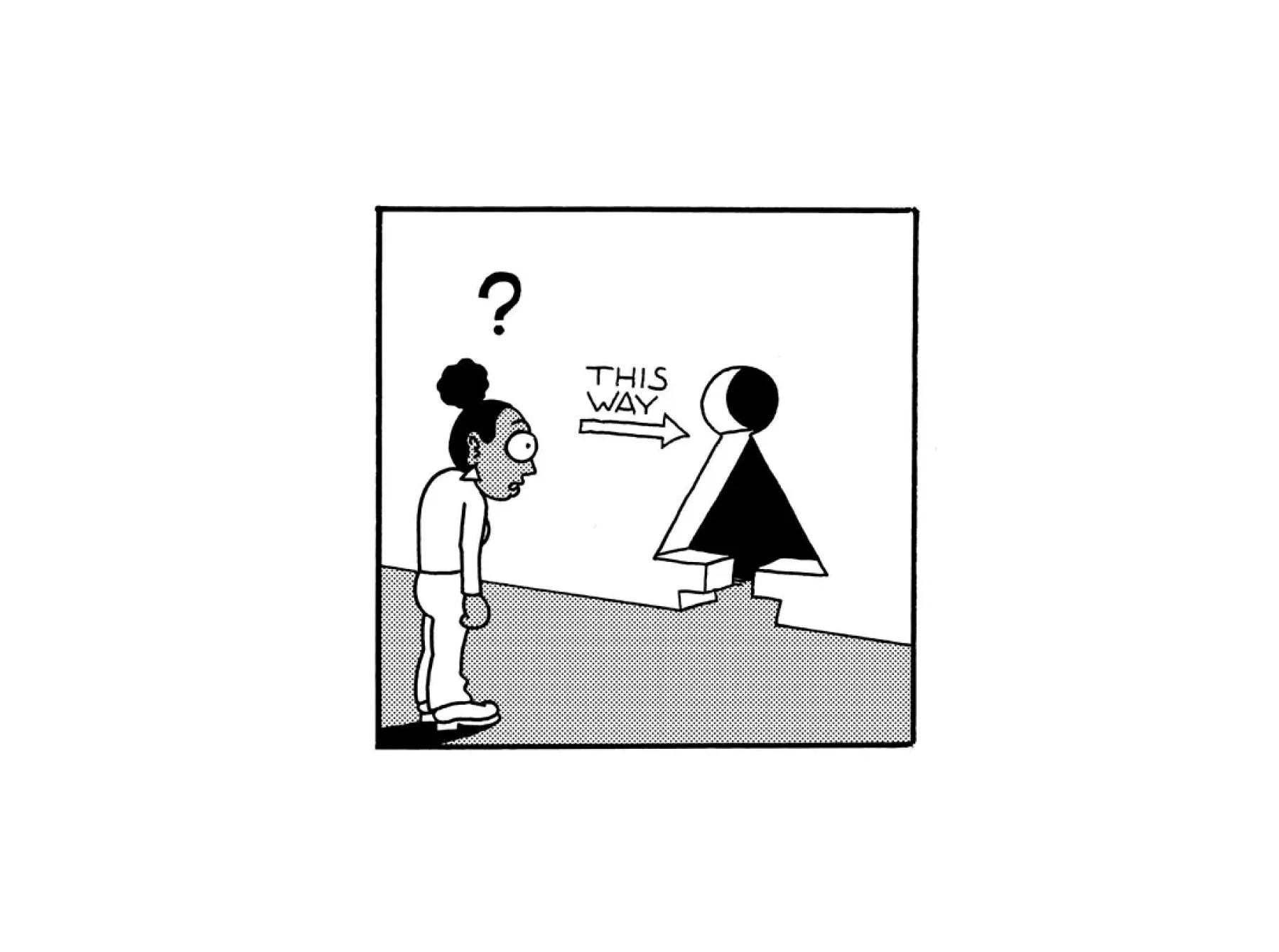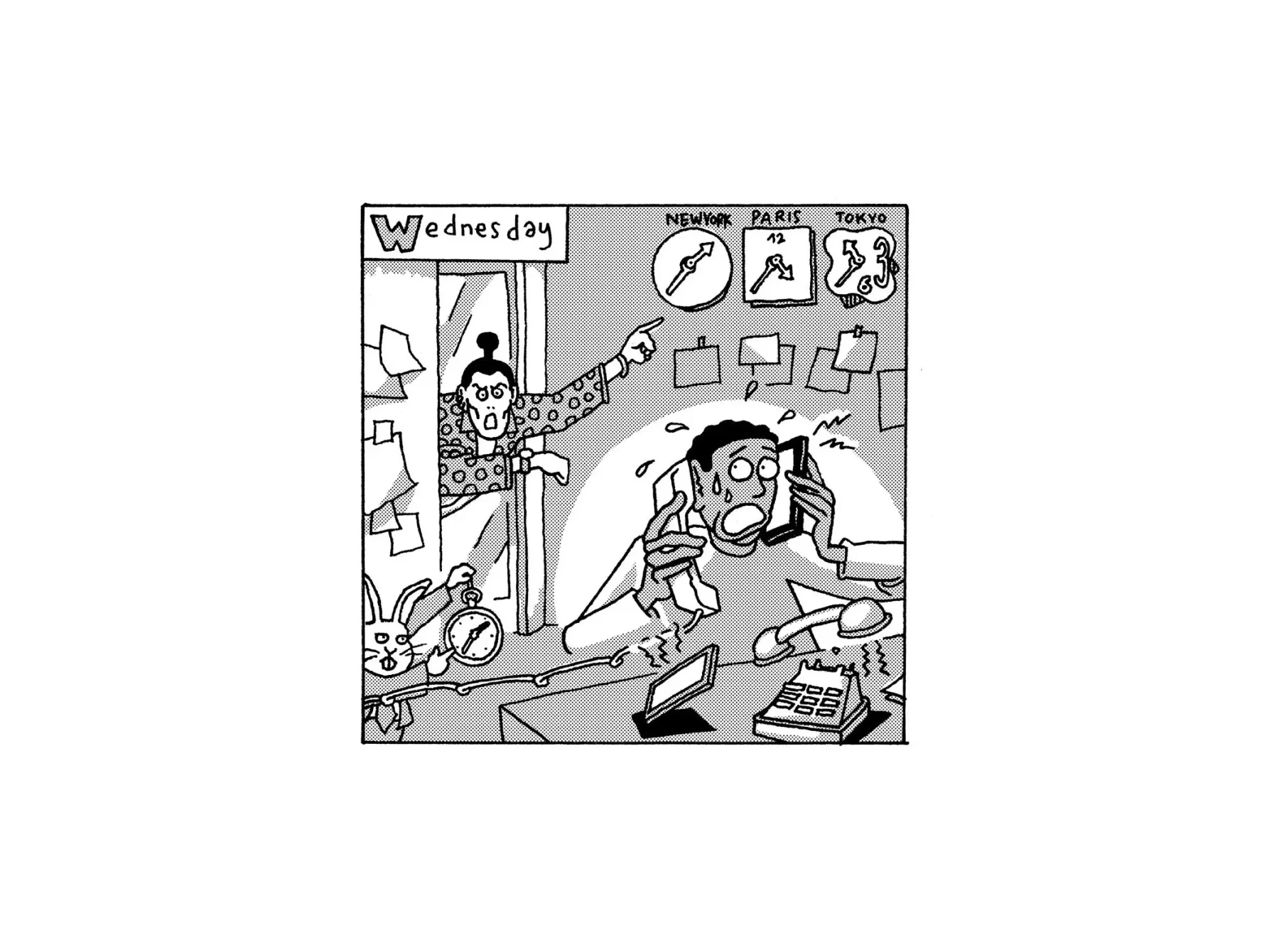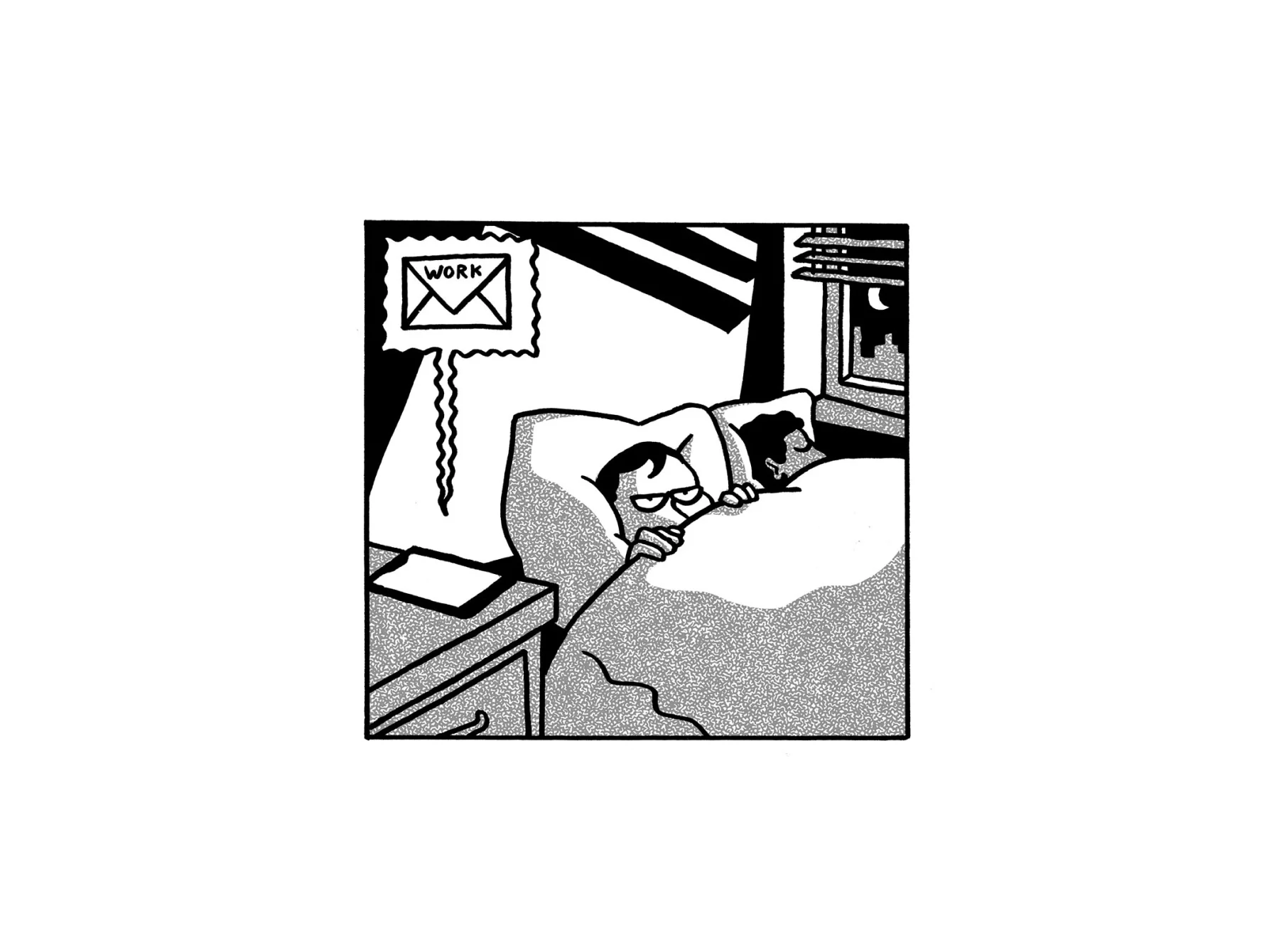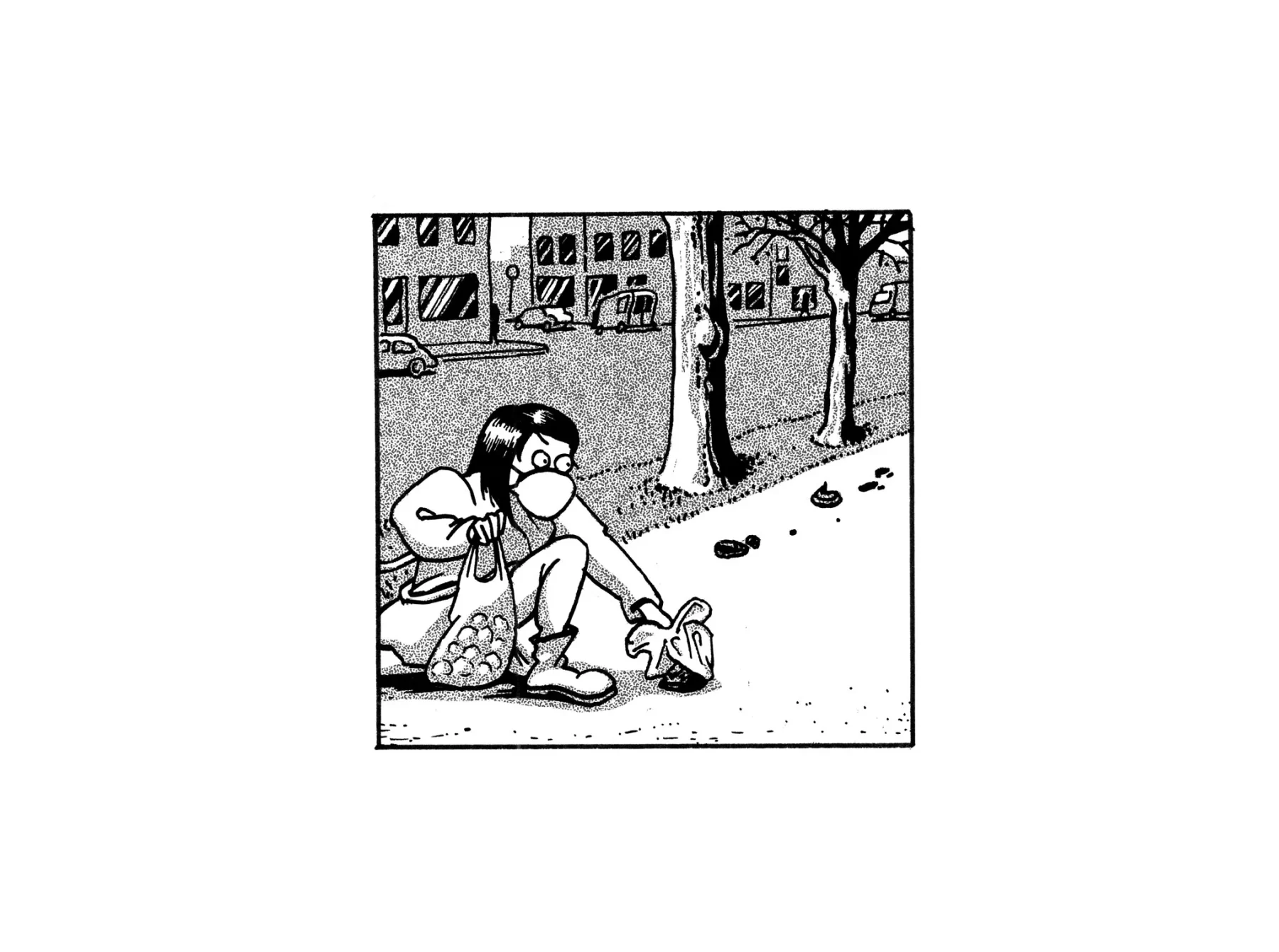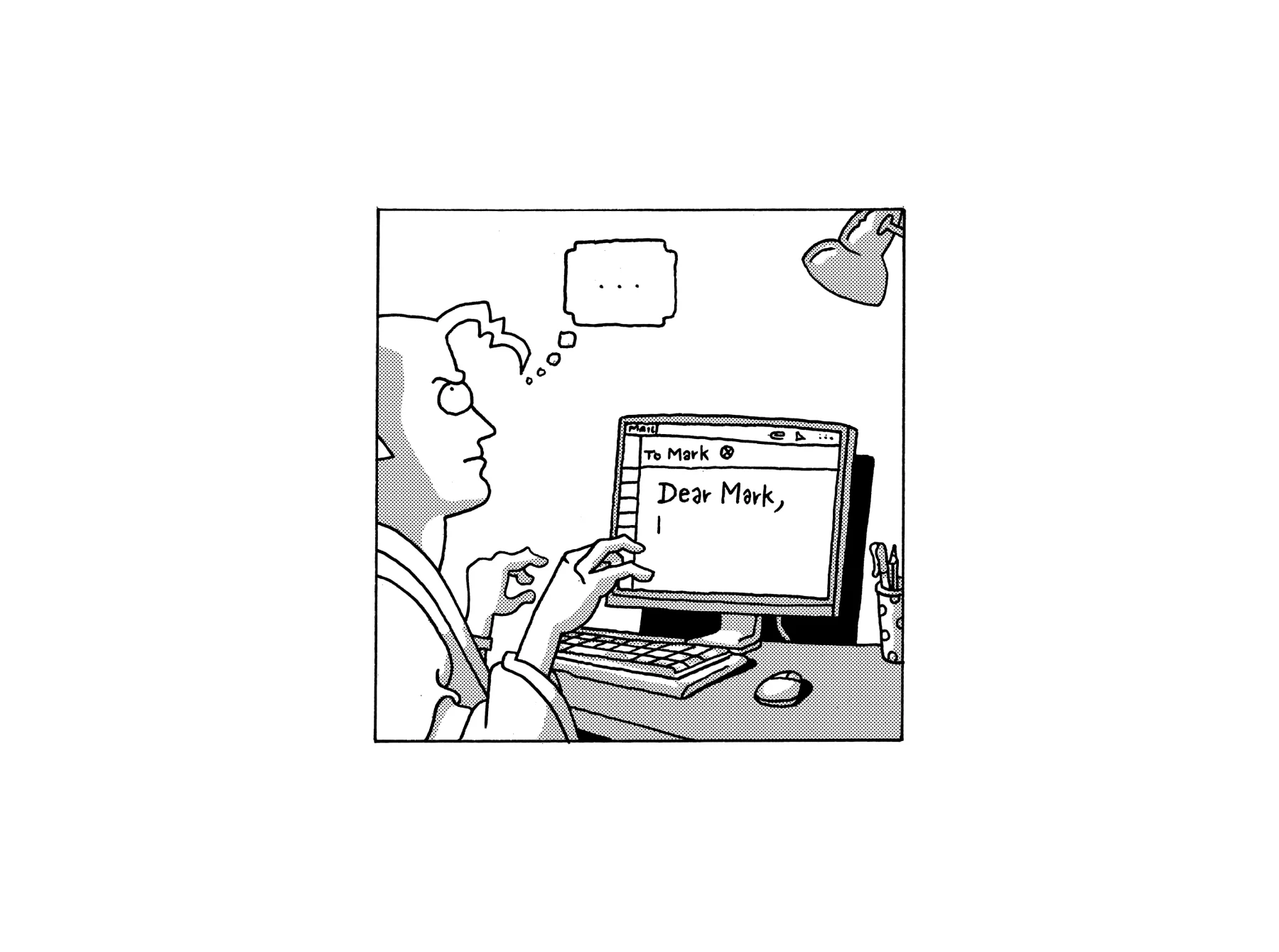
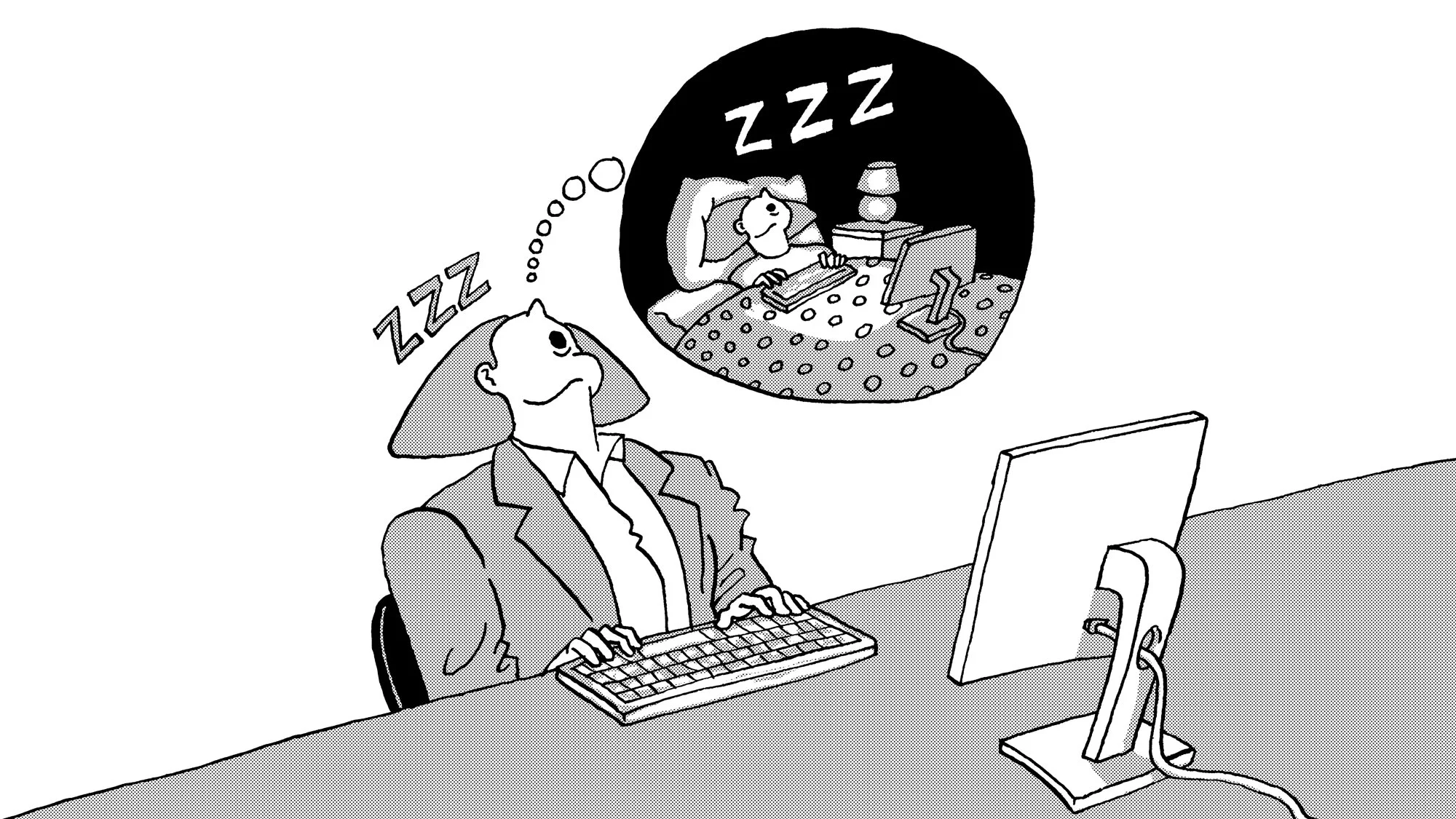
Most of us are familiar with the afternoon slump—that point of the workday when we fight off exhaustion in a bid to remain focused and productive. But why should we be forced to stave off our need for rest, when the solution is as simple as a 30-minute snooze? Here, writer Ione Gamble makes the case for why naps should be encouraged—nay, mandated—during working hours.
I was more productive during the time I could work, as I wasn’t constantly fighting with my body to string together coherent thoughts when it wanted to switch off.
For many of us, a good night's sleep is the one opportunity we get to truly clock off. Between 9-to-5 jobs off-the-clock side hustles, and out-of-hours networking, and personal brand-building on social media, not a waking moment passes by without us considering our careers. But why should rest be relegated to a few hours in the evening?
You’ve probably experienced the post-lunch slump, sitting at your desk as your eyes begin to glaze over, unable to focus on whatever’s lighting up your screen. I’ve wasted hours trying to wake myself up enough to get on with tasks during the working day, guzzling caffeine while half-assedly answering emails. But the answer to my midday fatigue was right in front of me all along: I needed a nap.
The first time I fell asleep in the middle of the working day, I woke up overcome with guilt. I felt like a failure, like I’d never catch up with all of my tasks, and that my career would fall to ruin because I took 30 minutes at lunchtime to shut my eyes. After the third, fourth, and fifth nap, however, I noticed a shift. I was more productive during the time I could work, as I wasn’t constantly fighting with my body to string together coherent thoughts when it wanted to switch off.
Now, napping is as much a part of my day as eating breakfast or putting on eyeliner. And I believe that naps should not only be encouraged in the workplace, but mandated.

For me, there is no fighting it. Being tired isn’t something I can claw my way out of with a nice long bath or a relaxing beach holiday; it's built into my body. After I was diagnosed with Crohn’s disease, an autoinflammatory condition that counts chronic fatigue as one of its symptoms, in my twenties, me and my bed were forced to become closer than I’d ever imagined. My life rotates around it: from work, to sleep, to socializing, to eating, and back to sleep again.
I tried to resist the allure of rest for as long as my body would physically allow me, taking a traditional office job in a bid to ignore my chronic illness and exist as a “normal” human being. But combined with working in an environment with no natural light, unrealistic deadlines and al desko lunches, my body began to protest. I would catch myself unable to move enough to click my touchpad as fatigue caught up with me. I missed deadlines and fell behind with tasks; I was unable to fully concentrate in meetings. Missing so much sleep, I became more and more unwell, eventually descending into a full flare-up of my Crohn’s disease that caused me to say goodbye to the traditional world of work for good.
Eventually, I quit my office job, spending the next year becoming reacquainted with my own bed while getting to grips with running my own magazine. I watched the seasons change out my bedroom window from between the sheets. I worked when I could, filing articles in the moments between sleep, and taking all of my meetings with the webcam angled just high enough to conceal the duvet straggled at my waist.

By taking time out in the middle of the day, we can approach all we do with more intention, and less half-baked obligation.
Much of that time was also consciously spent deprogramming myself from thinking I was lazy. Modern life has dictated that a good night’s sleep is a privilege, and this is, in part, due to our attitude to work. You’ve probably seen the viral TikToks and tweets showing people working from home, building various contraptions to ensure their Microsoft Teams status is active while they sneak off to bed for a mid-afternoon nap. But even in the age of self-care, of bemoaning burnout, and constantly discussing work-life balance, a work-day nap is still a cultural taboo. Admitting you need more rest than allowed under capitalism is not only discouraged, but actively berated, with anyone who does prioritize rest branded as lazy and incompetant.
Somehow, a global pandemic that left us all locked in our homes, with not much else to do apart from rest, has made our relationship to sleep even more fraught. We’re terrified of missing out, attending every talk, every party and every work meeting for fear that, one day, it’ll all be taken away from us again. We’re making up for lost time, chasing the promotions that were frozen in the height of Covid, and relishing in the return of post-work pints. But I believe that by embracing the midday nap, we can break the cycle of hyper-productivity that has us believe rest causes us to miss out. By taking time out in the middle of the day, we can approach all we do with more intention, and less half-baked obligation.
Instead of accepting that we all need rest and we’re probably not getting enough of it, corporations have decided to do what they do best: pathologize exhaustion and sell us back the solution. In the 21st century, sleep is sold to us as a luxury that has to be carefully balanced with the demands of everyday life. It’s a luxury only afforded to those with the resources to allow for it—the ones with the money for the trendy mattresses peddled to us in podcast adverts, and a private therapist on speed dial to tackle the worries that keep us up at night. But rest should be available for everyone, as often as they need it.

Spending the so-called best years of my life in bed allowed me to realign my relationship with rest.
While we all work overtime and beyond to achieve our dreams, “burned out” can feel like a pithy way to say we’ve simply had enough, rather than signal true exhaustion or suffering. But although my tiredness is medically confirmed, spending the so-called best years of my life in bed allowed me to realign my relationship with rest.
Now, running my own company, I’ve designed our office with a designated nap space, on a mezzanine nestled high above our desks, available whenever anyone needs it. Not only do I feel comfortable taking myself off to sleep—those who work for me do too.
If my years spent in bed have taught me anything, it's that our modern way of working is not the proven path to peak productivity, but the result of years of conditioning that have taught us the only successful way to live is to work until you die. Nearly all deadlines are fake. Whether they’re self-imposed life goals, or hierarchical pressures from the companies we work for, the world won’t fall to ruin by pushing our tasks or ambitions to the side for a few hours.
In fact, from what I’ve observed, taking some time out of the work day to sleep is more likely to help rather than hinder your growth. So perhaps we could all learn a thing or two from those among us who refuse to compromise on rest, whether their confinement is by necessity or for pleasure.



